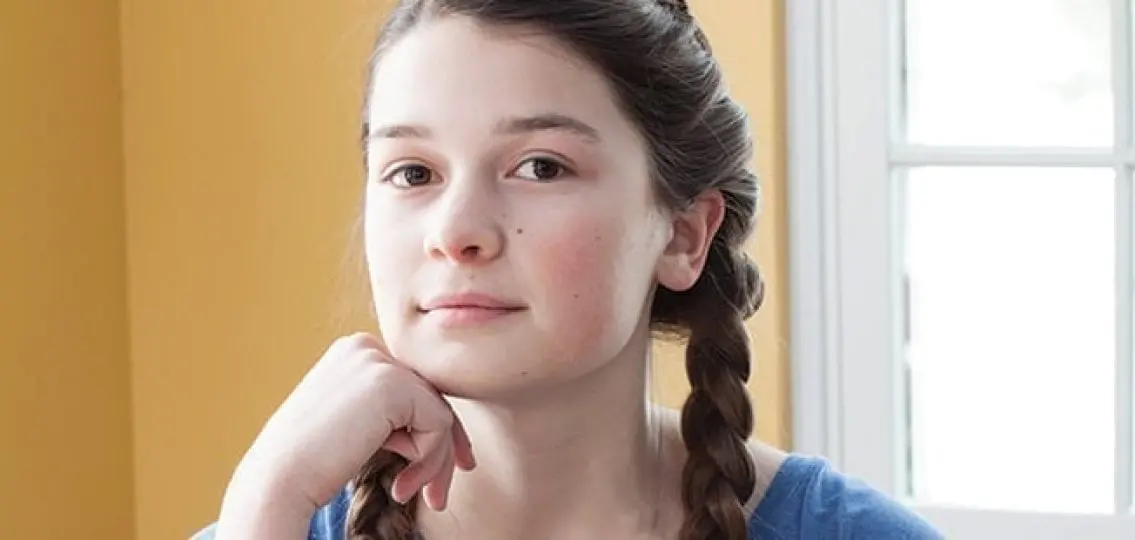Dear Your Teen:
What should parents do if they know that another kid is having a hard time socially? Is it reasonable to ask your teen or tween to befriend that socially isolated teenager?

EXPERT | Jill Emanuele, Ph.D.
The answer seems simple, but this kind of social situation is more complex and nuanced. As children get older, we want to encourage them to become more independent in their social world. We also want them to make effective friendship choices that reflect who they are as emerging teens.
We, of course, want our teenagers to learn compassion and kindness toward others. At the same time, people are judged and sized-up based on the friends they choose. And during adolescence, friendship selection does have consequences. In other words, friendships can affect social standing. For many kids, social status is everything, both positively and negatively.
As you see, the answer is not so simple.
Addressing this situation with your teen requires careful thought and discussion. You may not get the result that you want, but you will raise important issues for your teen to consider.
4 Steps to Work Through this Situation:
1. Clarify Your Reasons
Consider the reasons why you may want your child to befriend this socially isolated teenager. Is it because you feel bad for this child? Or do you want to reinforce the lesson of kindness toward others? You might also believe that your child and this kid could both benefit from a mutual friendship.
2. Brainstorm Solutions Together
Have a collaborative conversation with your child about your ideas. Explain why you want them to consider befriending this socially isolated teenager. Be ready and willing to listen to your child’s ideas and reactions, both positive and negative, and provide a space for your child to speak.
3. Consider Options Beyond Friendship
If your child is against the idea, do not command friendship, but rather ask them to think about something smaller. Your child could show kindness to the other student or include them when an opportunity presents. Teens and tweens have many acquaintances and there are opportunities to show compassion and kindness toward others, even when they are not friends.

4. Support the Decision
Finally, be accepting of whatever your child decides to do, even if you do not agree. If you provide guidance and ideas, you are planting seeds, even if you do not see the resulting fruit immediately.




